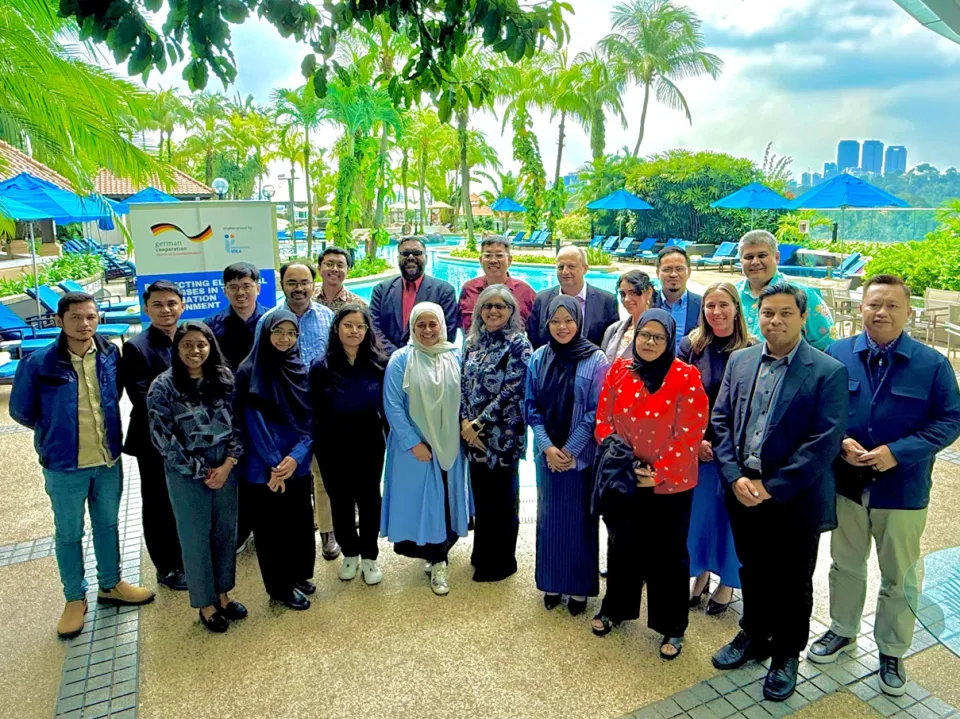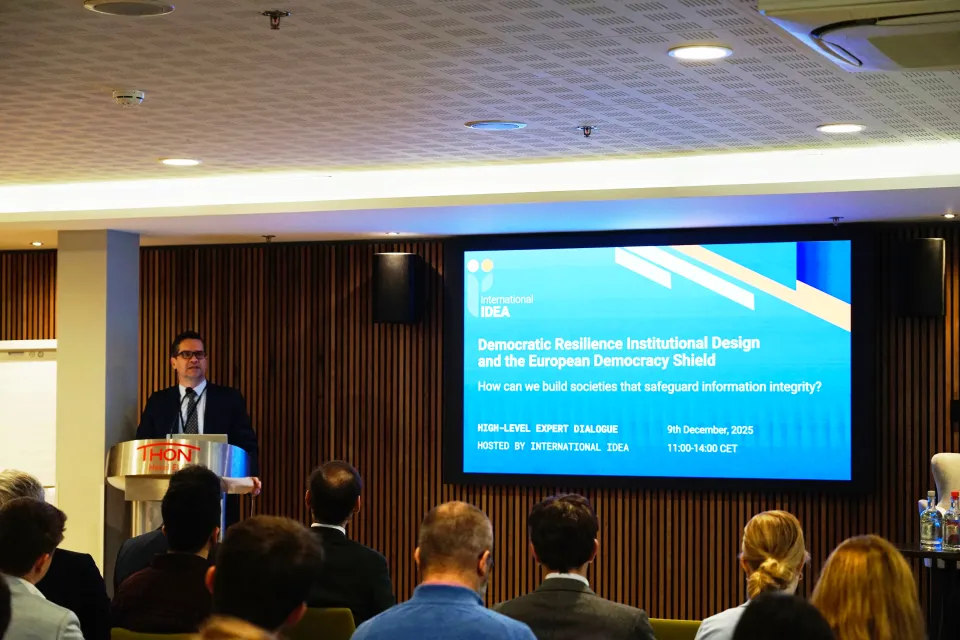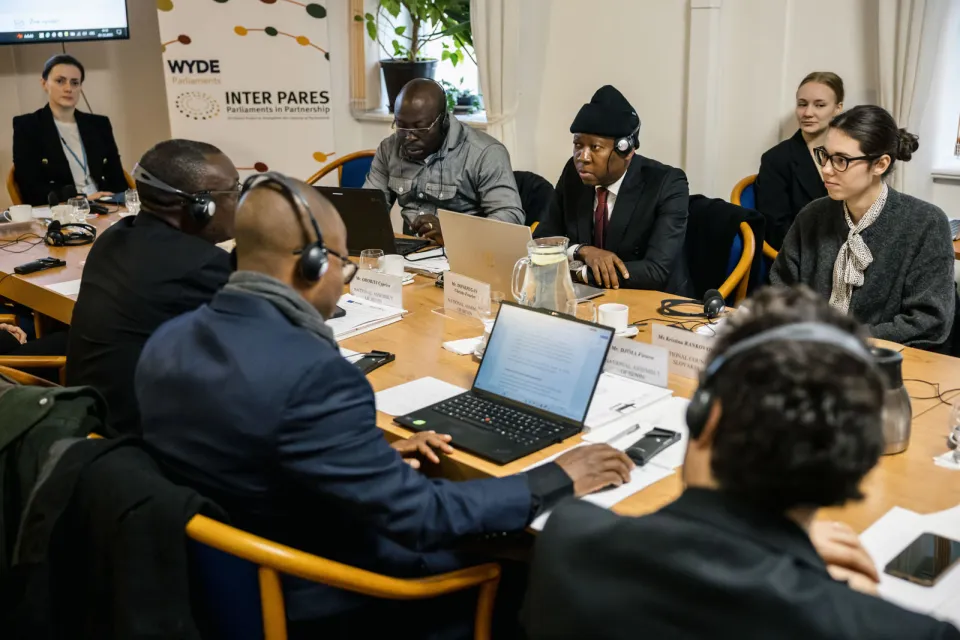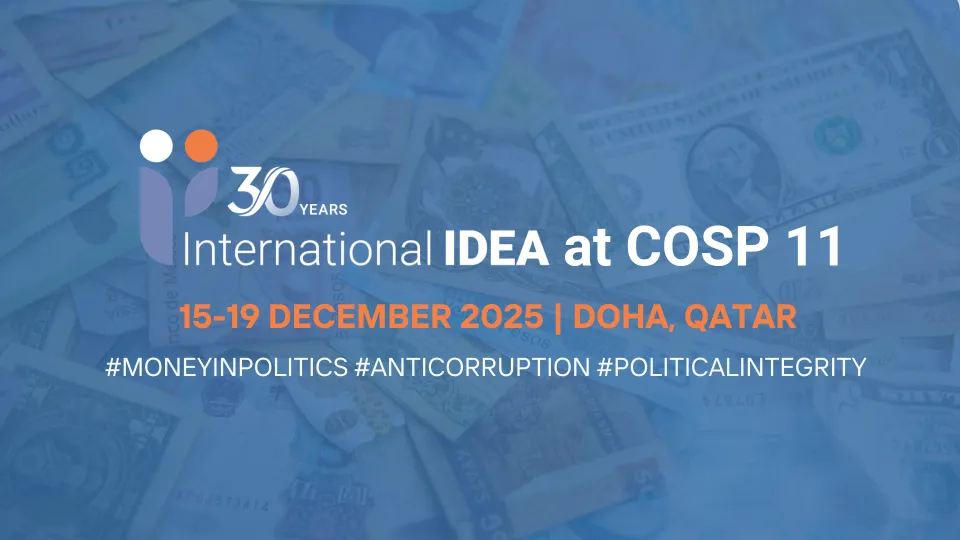Electoral officials need more money to run elections during COVID-19

Disclaimer: Views expressed in this commentary are those of the authors, one of whom is a staff member of International IDEA. This commentary is independent of specific national or political interests. Views expressed do not necessarily represent the institutional position of International IDEA, its Board of Advisers or its Council of Member States.
Erik Asplund, Toby James and Alistair Clark audit the additional costs countries are facing to run safe and accessible elections during the Covid-19 pandemic. They argue it is vital that election management is sufficiently well funded during this crisis to maintain voter participation and trust in electoral outcomes.
Money matters for elections. Those candidates and parties who have most in their election treasure chest are able to invest more on the campaign trail. But less well-known is that money also matters for the smooth running of elections.
Elections are not cheap. They involve employing thousands of temporary staff, hiring premises and producing huge volumes of election material. The difficulty for democracy is that, as recent comparative research on the funding of elections shows, electoral officials often face challenges receiving sufficient funds. Focus groups of electoral officials reveal that common problems include little awareness of the need for investment in election funding, so proactive lobbying by election administrators is often needed. Short-term responses to election funding make elections more expensive because it leaves contractors with a stronger bargaining position, leading to higher prices. Procurement and administrative processes do not fit with the political realities of snap elections. Meanwhile, unforeseen costs rack up because of unexpected events but rising expectations from citizens about quality of service.
The rising election costs because of Covid-19
Elections have often seen rising costs, but these financial challenges have increased in scope due to the Covid-19 pandemic. This is primarily because of costs related to risk mitigation measures, which include both health and safety and special voting arrangements. ...
READ the full Op-Ed at Democracy Audit.





